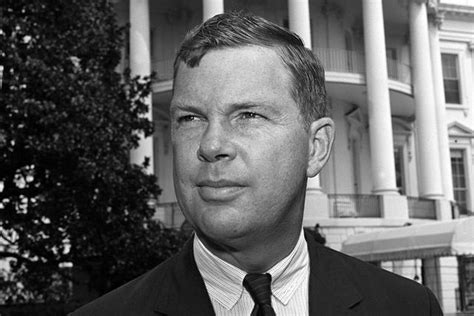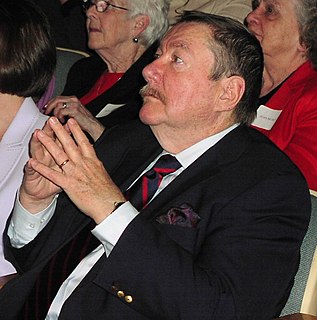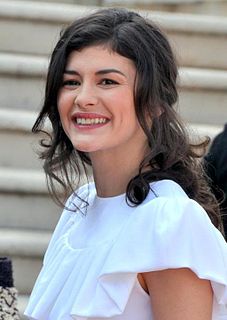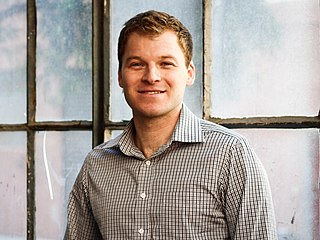A Quote by Deborah Smith
So the aim for the press was a mixture of things: to publish under-represented writing, which is an intersection of original language, style, content, and often its author's gender. To publish it properly, in a way that makes it clear that this is art, not anthropology. To spotlight the importance of translation in making cultures less dully homogenous.
Related Quotes
But it's clear to me that us slow-poke writers are a dying breed. It's amazing how thoroughly my young writing students have internalized the new machine rhythm, the rush many of my young writers are in to publish. The majority don't want to sit on a book for four, five years. The majority don't want to listen to the silence inside and outside for their artistic imprimatur. The majority want to publish fast, publish now.
WikiLeaks does not publish from the jurisdiction of Ecuador, from this embassy or in the territory of Ecuador; we publish from France, we publish from, from Germany, we publish from The Netherlands and from a number of other countries, so that the attempted squeeze on WikiLeaks is through my refugee status; and this is, this is really intolerable. [It means] that [they] are trying to get at a publishing organisation; [they] try and prevent it from publishing true information that is of intense interest to the American people and others about an election.
You can publish a poem you think is a very important poem, and you don't hear a word from anyone. [...] You can publish a book of poetry by dropping it off a cliff and waiting to hear an echo. Quite often, you'll never hear a thing. So doing that, using older work, puts it in a context, and that sort of forces the reader to realize what its importance is-if it has any. Everything needs a context. You're not going to recognize a poet unless you have a context.
To translate, one must have a style of his own, for the translation will have no rhythm or nuance, which come from the process of artistically thinking through and molding the sentences; they cannot be reconstituted by piecemeal imitation. The problem of translation is to retreat to a simpler tenor of one’s own style and creatively adjust this to one’s author.
Khairani Barokka is a writer, spoken-word poet, visual artist and performer whose work has a strong vein of activism, particularly around disability, but also how this intersects with, for example, issues of gender - she's campaigned for reproductive rights in her native Indonesian, and is currently studying for a PhD in disability and visual cultures at Goldsmiths. She's written a feminist, environmentalist, anti-colonialist narrative poem, with tactile artwork and a Braille translation. How could I not publish that?
By this point, it was clear she wasn't interested in continuing the relationship. What publication on earth would continue a relationship with a writer who would refuse to discuss her work with her editors? What publication would continue to publish a writer who attacked it on TV? What publication would continue to publish a writer who lied about it - on TV and to a Washington Post reporter? ... It's true: Ann is fearless, in person and in her writing. But fearlessness isn't an excuse for crappy writing or crappier behavior.


































